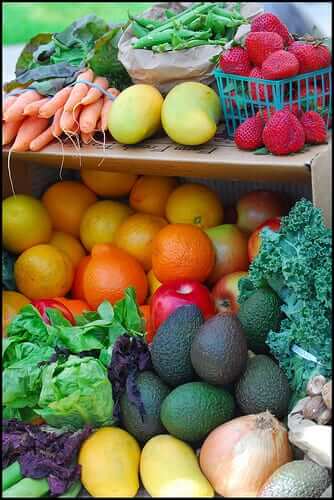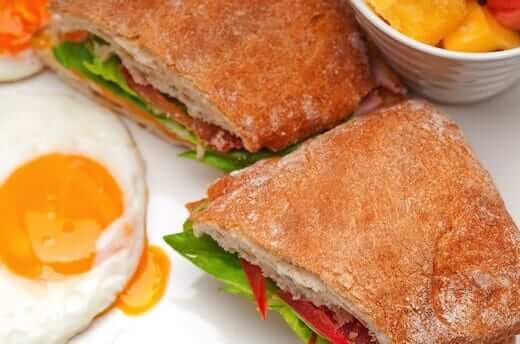What are convenience foods?
Convenience food is any item of food that is prepared before you purchase it. It also involves some kind of packaging and made available in food stores. There are certain preservatives, chemicals and ingredients added to them to enable them to last longer because it might take a long time before anyone buys them. In…
This post may contain affiliate links. Please read our disclosure policy.
Convenience food is any item of food that is prepared before you purchase it. It also involves some kind of packaging and made available in food stores. There are certain preservatives, chemicals and ingredients added to them to enable them to last longer because it might take a long time before anyone buys them. In other words, they are prepared for prolonged shelf life but this might mean they are not as nutritious as you would have hoped.
Convenience food includes a range of products like noodles, soup, frozen vegetables, casserole mixes, dessert mixes and yoghurts. The intention of these foods is to save you cooking time. They are also useful to people who have poor cooking skills or have no time to search and execute recipes from scratch. Many of these foods just need heating before eating but some are meant to be ingredients as well. For example, frozen vegetables can be consumed immediately after heating it for a few minutes in the microwave but canned creamed soup can be a vital ingredient of a recipe.
With fruits and vegetables, a process called blanching is necessary before freezing and packaging. Blanching is when fresh produce is mildly cooked and this means that certain nutrients are lost at this stage. By the time they arrive in the frozen food section of your grocery store, they still have a partial amount of the nutrients but they might be less nutritious because of reheating.
Nutrition in convenience foods
With other convenience food products, manufacturers add preservatives, fat and sugars to keep them fresher for longer. Although it enhances their life, which is a big advantage, it also compromises their nutritional value. Another downside to these food stuffs is that the sugars and fats might increase the amount of calories you consume because of these ingredients themselves and because you are usually required to combine them with other products like milk and cheese. Therefore, the amount of calories on the package label is not the amount of calories you will eventually consume.
Debate on convenience foods
Processed or convenience food has been the subject of many health debates especially among dieters and diabetics. People are generally warned to keep away from these foods because of the amount of salt, fat, sugar and preservatives they contain. These ingredients not only lead to weight gain but can cause blood sugar levels in diabetics to rise, becoming a potential threat. However, convenience foodstuffs continue to fly off the shelves because they fit well into the busy lifestyles that most people lead today.
Just because the food is processed does not mean all of it is unhealthy. Vegetables, frozen or canned, still retain their nutrients and are thus a healthy alternative if you find fresh produce too quick to spoil. Not much can be said about other foods but consumers have found a way to increase nutritional value by adding healthy ingredients to them. For instance, casserole mixes can be supplemented with fresh vegetables, yoghurt with fruits and lean meat to rice and noodles.


Leave a Comment